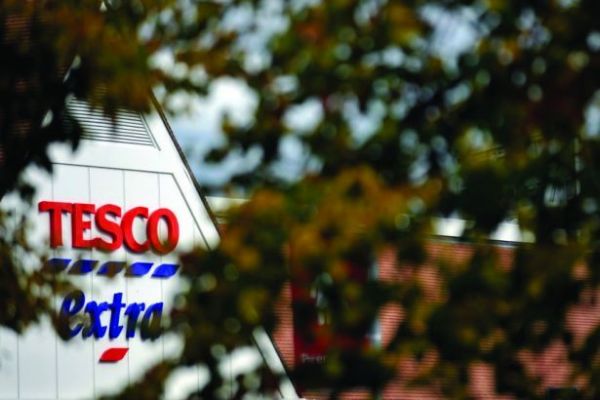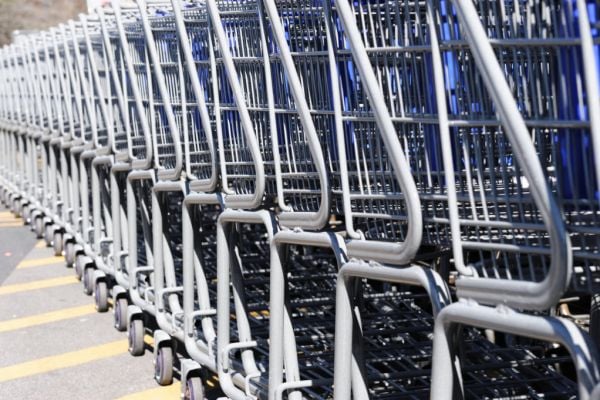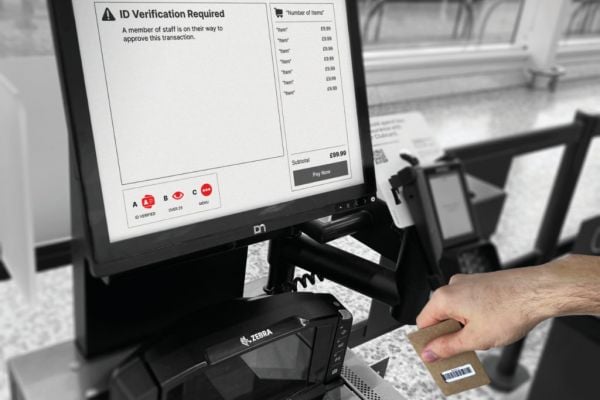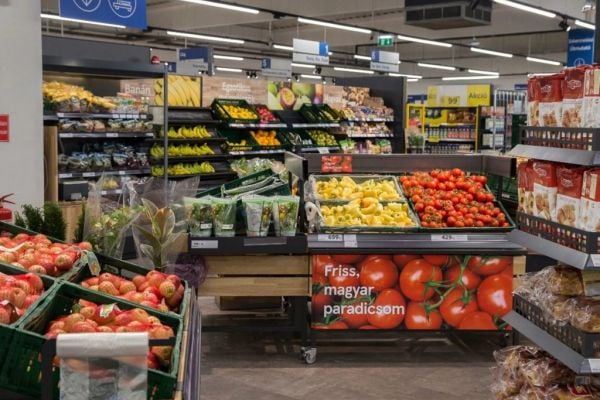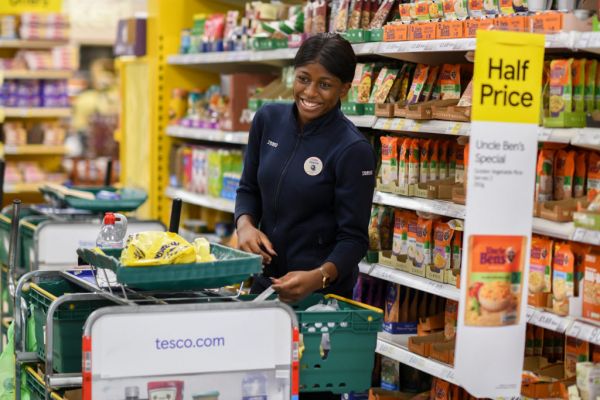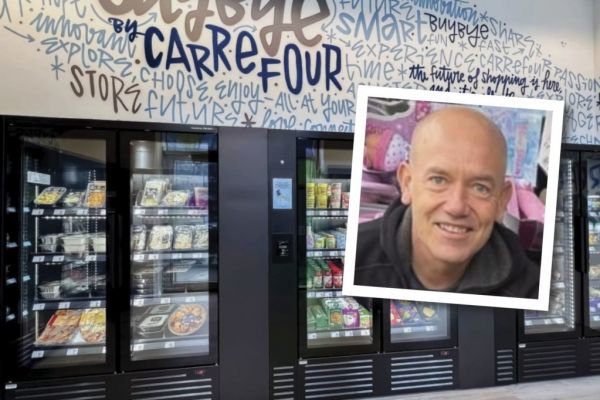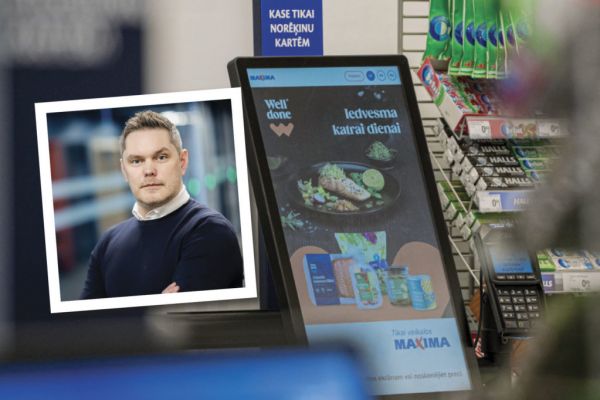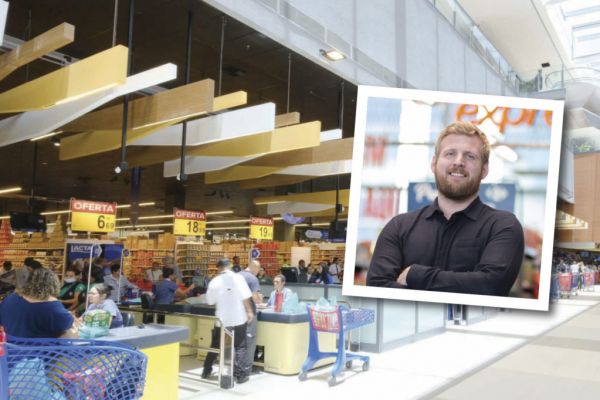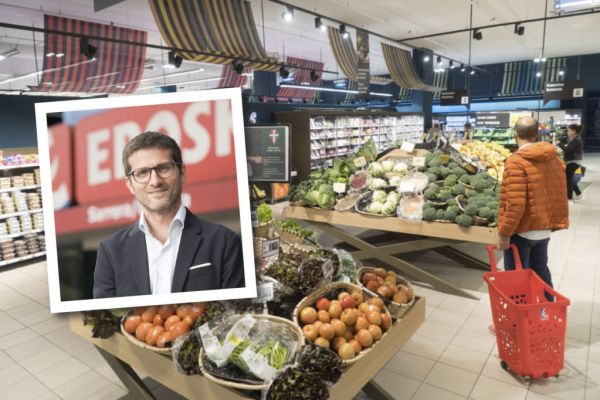Dave Lewis is doing some pruning.
The chief executive of Tesco on Friday announced the sale of its Dobbies Garden Centers business. Just last week, he said he's unload its 95.5 percent stake in Kipa in Turkey, and restaurant chain Giraffe.
Dobbies and the other deals will rake in close to 300 million pounds ($427.6 million) of cash, and that's all pretty handy.
But none of the sales will move the dial in terms of cutting Tesco's 15.5 billion pounds of total debt at the end of the 2016 fiscal year, or significantly lifting profit. In fact, the sale of Dobbies will reduce pre-tax profit by 17 million pounds.
But the disposals do represent a useful tidying up for Tesco, after the acquisition binges of former chief executive Philip Clarke, and his predecessor Terry Leahy. Cutting back on its excess foliage allows Tesco to focus more energy on improving performance at its core supermarket business.
This still doesn't change Tesco's fundamental problem: tackling the onslaught of the German no-frills supermarkets, Aldi and Lidl, who are continuing to roll out their discount stores in many of its key markets.
It has made a start by introducing its Farm Brands line of cheaper basics with kooky branding. The aim is to take on the low-price, private-label goods of the discounters, particularly in fresh food, where Aldi and Lidl have made substantial inroads.
Tesco hasn’t said how much rolling out Farm Brands -- and continuing to match the other big U.K. supermarkets on big brands -- will cost. But Lewis did warn that meeting analysts' forecasts of full-year underlying profit of 1.25 billion pounds while lower prices and improving stores will be a pretty big ask.
To really hurt the discounters -- not to mention rivals Sainsbury and Morrison -- Tesco needs to make a decisive cut to prices. But, with its debt burden, it doesn't have so much room to maneuver.
Shares in Tesco have fallen about 14 percent since it reported full-year results in mid-April, partly because of Lewis's cautious profit guidance. And as Britain's biggest supermarket chain by market share, Tesco would have considerable exposure to a more cautious consumer in the event of a U.K. vote to leave the European Union, and recent polls show a greater likelihood of Brexit.
It is little wonder, then, that it lags its European peer group on an enterprise value to 12 months trailing sales basis. Three years ago, Tesco was leading the pack.
When Tesco makes its first-quarter trading statement on Thursday, same store-sales are likely to have strengthened, going by the latest Kantar Worldpanel data. That's a welcome sign, given that sales growth in the fourth quarter was the first in three years.
But this, and Lewis's timely clearing of the garden lawn, will do little to help the shares if profit forecasts continue to disappoint, and that's still a distinct possibility.
This column does not necessarily reflect the opinion of Bloomberg LP and its owners.
News by Bloomberg, edited by ESM. To subscribe to ESM: The European Supermarket Magazine, click here.
